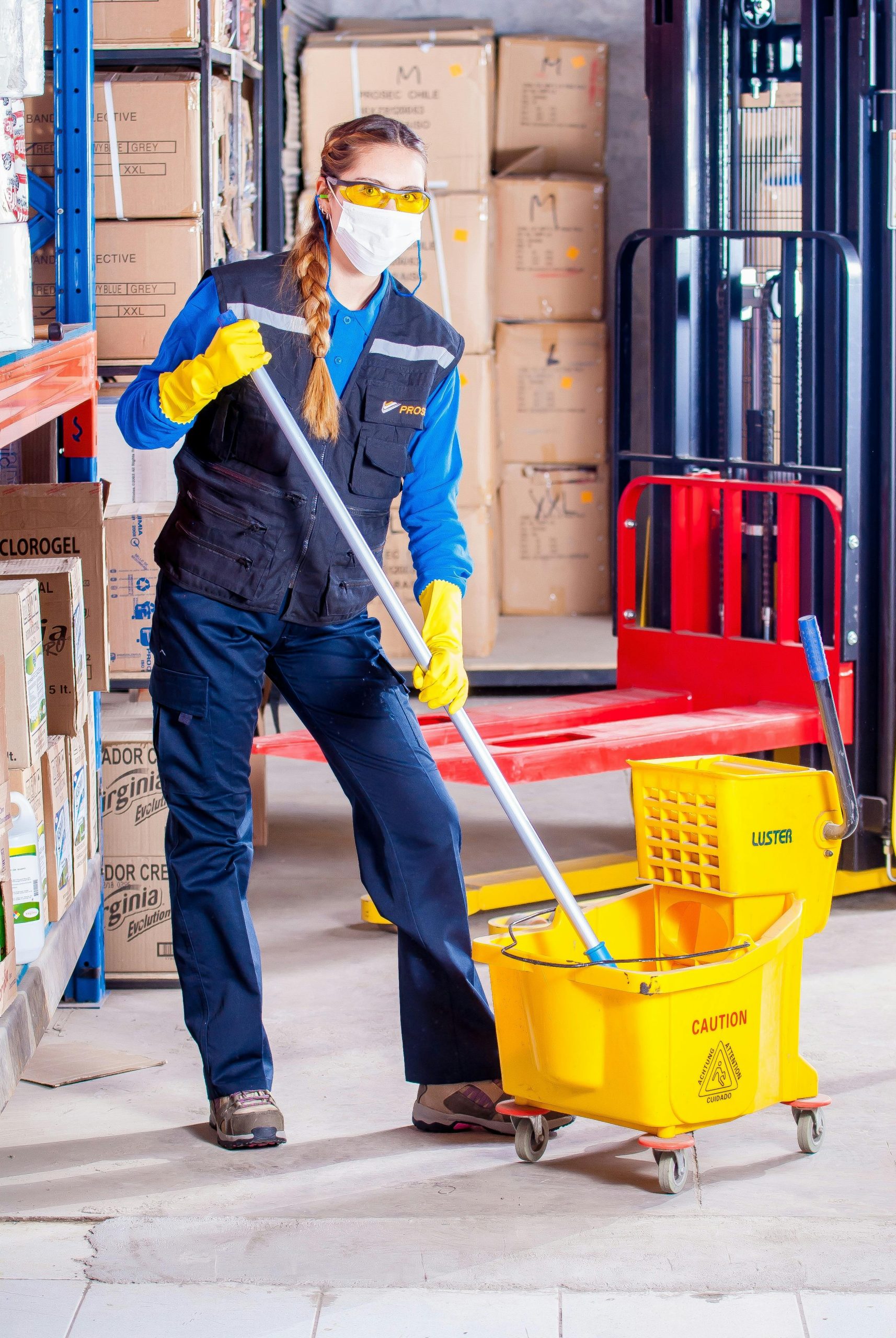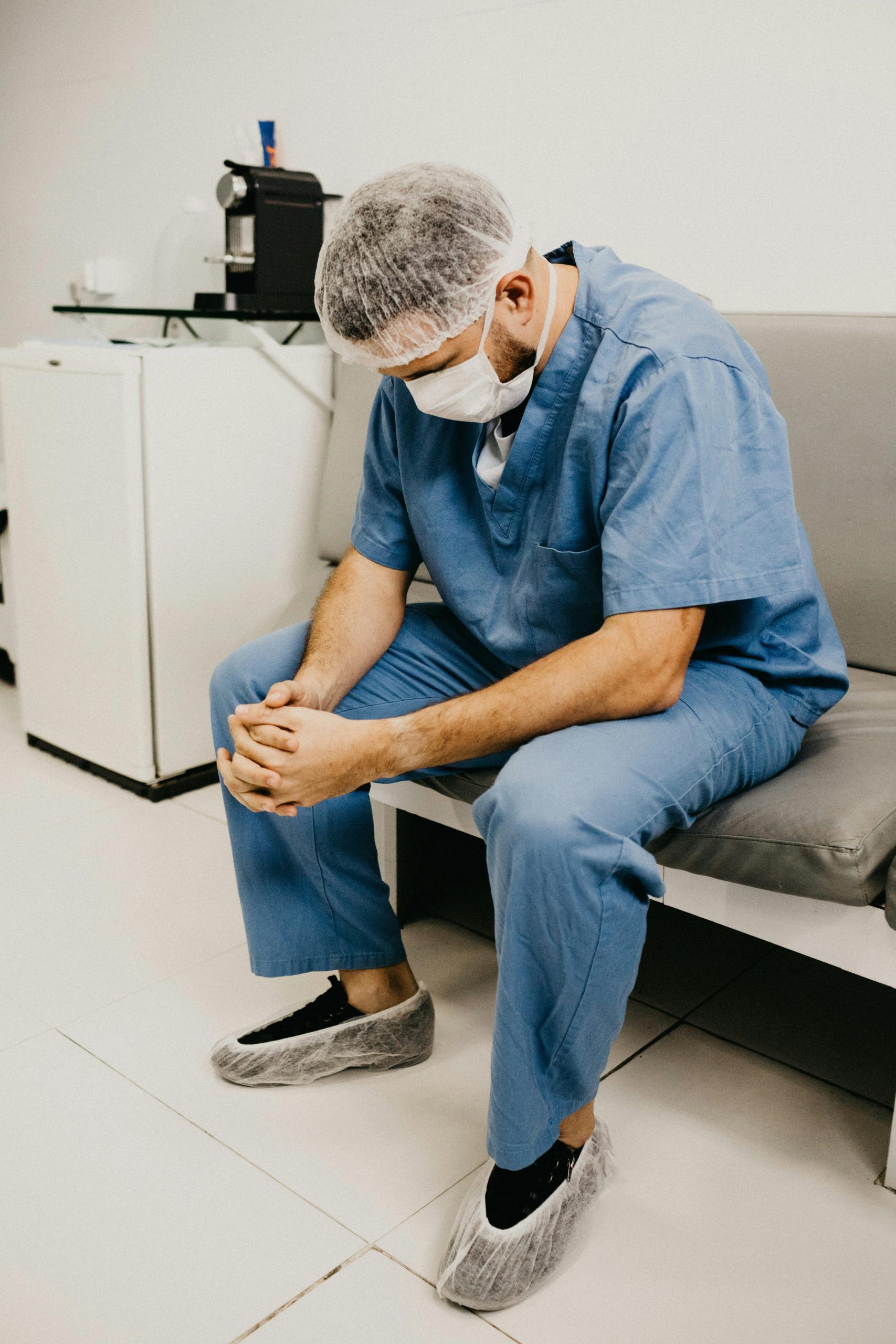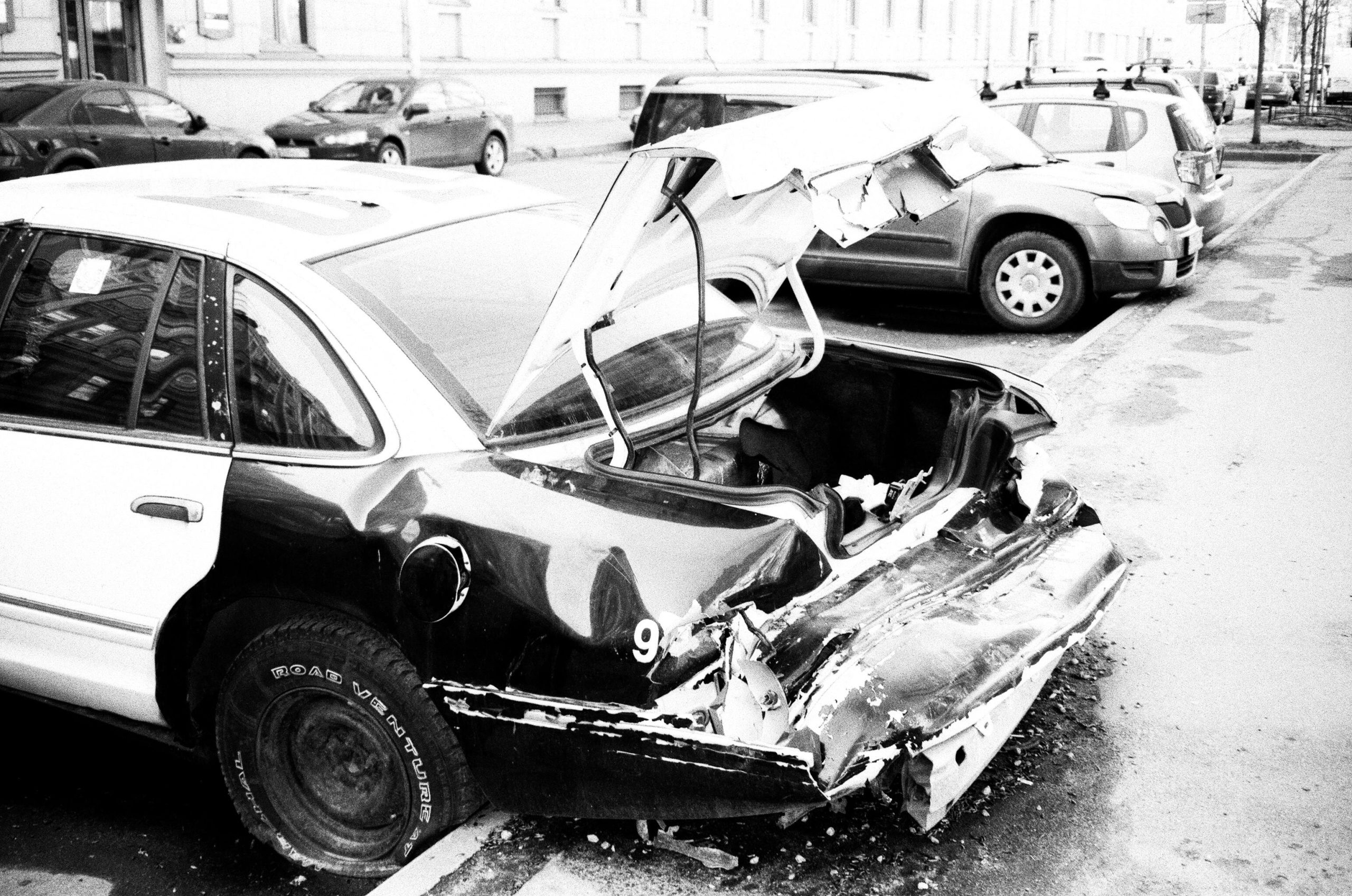 In a recent ruling highlighting the importance of responding to legal actions, the Louisiana Court of Appeal, Fourth Circuit, sided with Xavier University of Louisiana in a case involving unpaid student debt. The court reversed a lower court’s decision, granting Xavier University a preliminary default judgment against a former student, Elemuel Coleman.
In a recent ruling highlighting the importance of responding to legal actions, the Louisiana Court of Appeal, Fourth Circuit, sided with Xavier University of Louisiana in a case involving unpaid student debt. The court reversed a lower court’s decision, granting Xavier University a preliminary default judgment against a former student, Elemuel Coleman.
Xavier University filed a lawsuit in 2015 seeking to recover over $21,000 in student loan debt from Coleman. After initial attempts to serve Coleman through the sheriff’s office failed, the court appointed a private process server. The process server successfully delivered the legal documents to Coleman’s residence, leaving them with a person of suitable age and discretion who also lived there.
Despite being served, Coleman failed to respond to the lawsuit within the required timeframe. Xavier University then filed a motion for a preliminary default judgment, a legal maneuver that can lead to a judgment in favor of the plaintiff if the defendant fails to respond to the lawsuit.
 Insurance Dispute Lawyer Blog
Insurance Dispute Lawyer Blog



 In a victory for injured workers in Louisiana, the Court of Appeal for the Fourth Circuit recently upheld a decision granting Lorae Burnett the right to shoulder surgery following a work-related motor vehicle accident. The case,
In a victory for injured workers in Louisiana, the Court of Appeal for the Fourth Circuit recently upheld a decision granting Lorae Burnett the right to shoulder surgery following a work-related motor vehicle accident. The case,  In a poignant reminder of the potential consequences of attorney negligence, the
In a poignant reminder of the potential consequences of attorney negligence, the  In a decisive move highlighting the importance of procedural adherence in workers’ compensation cases, the Louisiana Court of Appeal, Fourth Circuit, dismissed an appeal because the appellants failed to post a required appeal bond.
In a decisive move highlighting the importance of procedural adherence in workers’ compensation cases, the Louisiana Court of Appeal, Fourth Circuit, dismissed an appeal because the appellants failed to post a required appeal bond. In a significant development for medical malpractice litigation in Louisiana, the Fourth Circuit Court of Appeal recently reversed a summary judgment, underscoring the importance of thorough fact-finding and the potential need for expert testimony in such cases. The case,
In a significant development for medical malpractice litigation in Louisiana, the Fourth Circuit Court of Appeal recently reversed a summary judgment, underscoring the importance of thorough fact-finding and the potential need for expert testimony in such cases. The case,  A recent ruling by the
A recent ruling by the  In a recent decision, the
In a recent decision, the  In a recent ruling, the
In a recent ruling, the  A recent ruling by the
A recent ruling by the  A recent ruling by the Louisiana Court of Appeal has shed light on the complexities of prescription (the state’s equivalent of a statute of limitations) and the concept of joint tortfeasors in wrongful death cases. The case, Crocker v. Baton Rouge General Medical Center, involved a tragic incident where a mentally impaired man, Jerry Sheppard, died after an altercation following his discharge from the hospital.
A recent ruling by the Louisiana Court of Appeal has shed light on the complexities of prescription (the state’s equivalent of a statute of limitations) and the concept of joint tortfeasors in wrongful death cases. The case, Crocker v. Baton Rouge General Medical Center, involved a tragic incident where a mentally impaired man, Jerry Sheppard, died after an altercation following his discharge from the hospital.